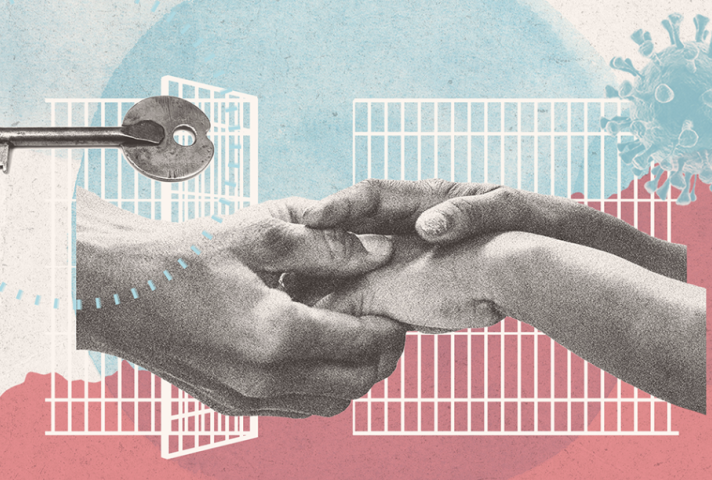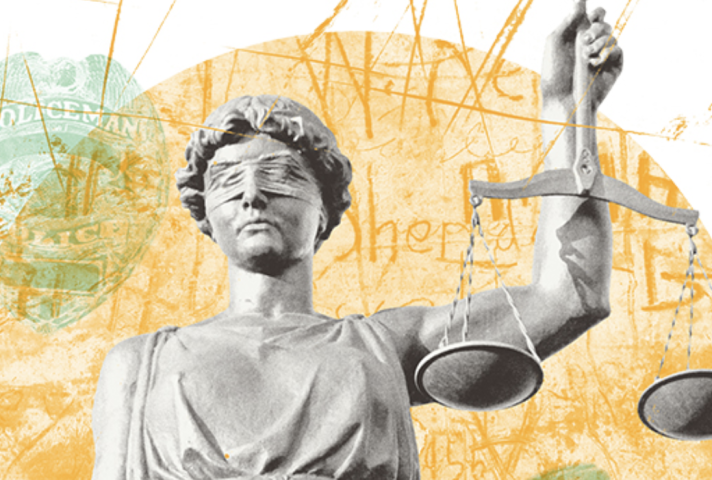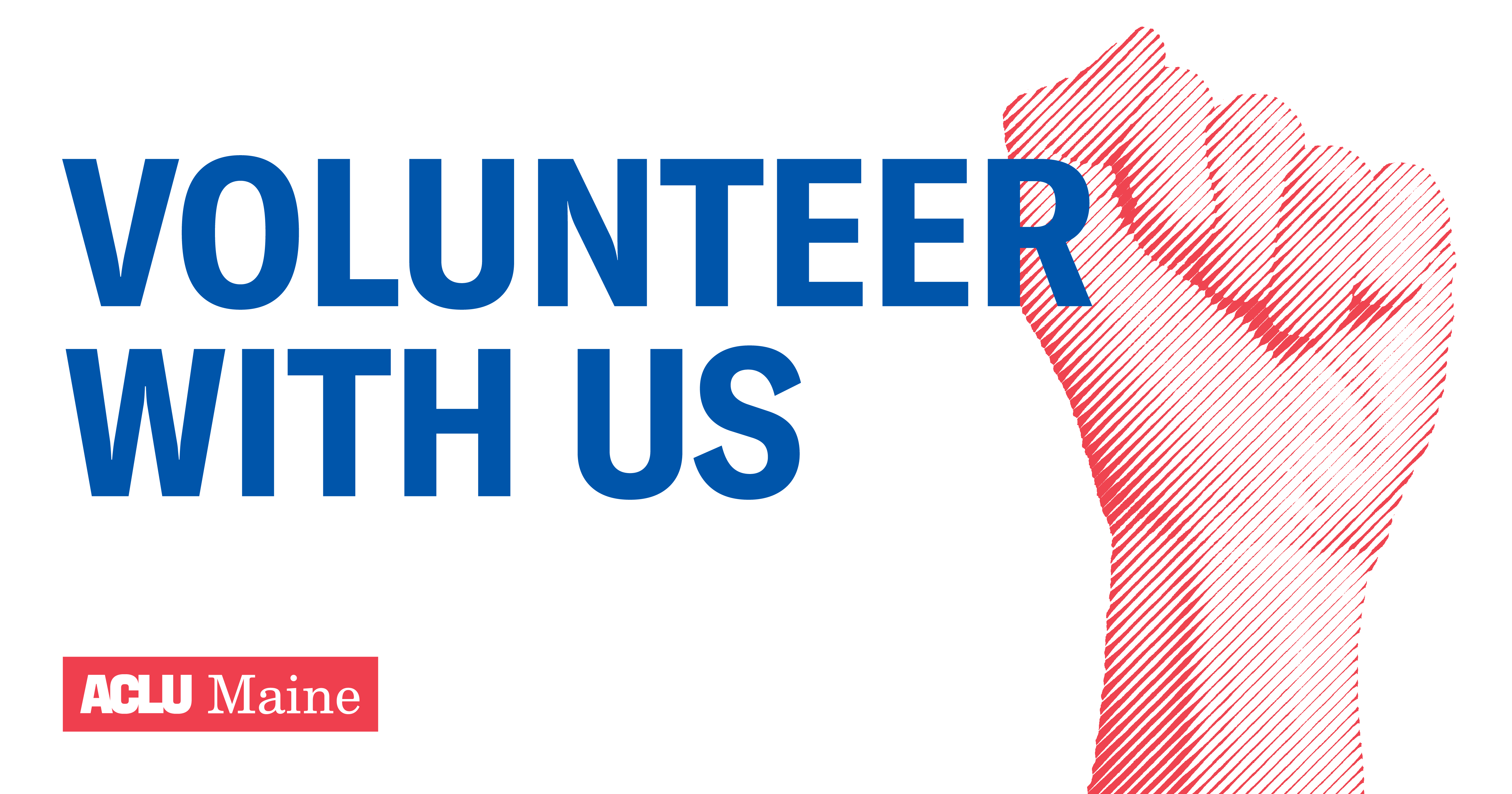Too many who want treatment for substance use disorder cannot get the help they need. Mainers in all parts of the state need paths to seek support and thrive on their own terms. Criminalizing a health condition creates barriers to recovery, weakens communities, and harms the economy.
Governor Mills’ 5th Annual Opioid Response Summit is at 8AM at the Cross Insurance Arena in Portland. The goal is to share ideas and strategies to help Mainers affected by the opioid crisis. There will be keynote presentations and speakers sharing about their recovery. ACLU of Maine Policy Director Meagan Sway will present about substance use-related legislation that was introduced during the 2023 legislative session.
Tickets prices range from $40-$60. Read more and purchase tickets here.
Event Date
Thursday, July 20, 2023 (All day)Featured image



